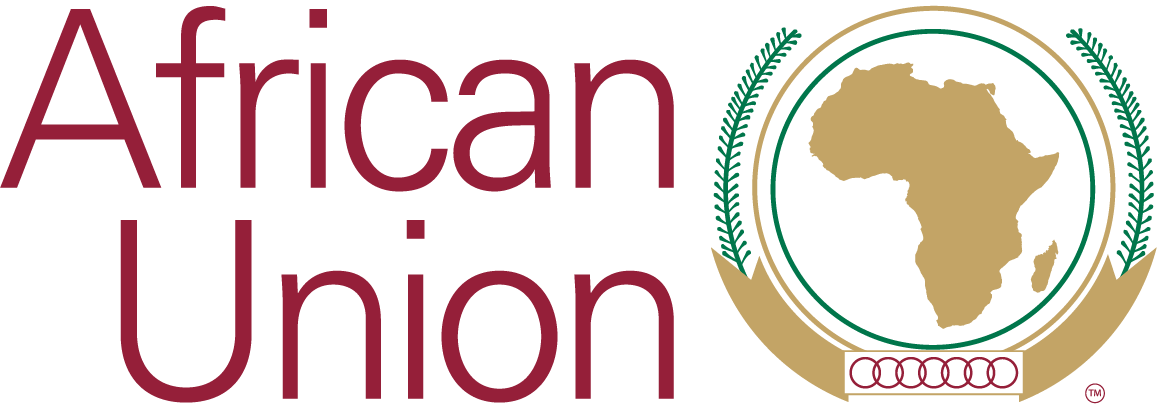The Pan-African Parliament (PAP) has reached a historic milestone with the adoption of two landmark Model Laws — the Model Law on Labour Migration in Africa and the Model Law on Gender Equality and Equity.
The adoption by the Plenary took place during the ongoing Sixth Ordinary Session of the Sixth Parliament, marking a significant step in PAP’s mandate to promote harmonisation of laws across African Union (AU) Member States. This achievement follows extensive consultations with key stakeholders across the continent to ensure that the voices and aspirations of African citizens are fully reflected in the formulation of the Model Laws.
MODEL LAW ON LABOUR MIGRATION IN AFRICA: ENSURING SAFE, FAIR AND PRODUCTIVE MOBILITY
The Model Law on Labour Migration in Africa serves as a legal and policy framework to guide AU Member States in enacting national legislation, developing subordinate laws, and concluding international agreements that govern labour migration in an effective, harmonised, and coordinated manner.
Hon. Senator Bideri, Chairperson of the Committee on Trade, Customs and Immigration Matters, described the Model Law as “a strategic framework to harmonise labour migration policies across Member States and align with the objectives of the African Continental Free Trade Area (AfCFTA).”
The law promotes the protection of universal human rights, including fundamental labour rights, and adopts developmental and gender-sensitive approaches in national labour migration legislation. It further calls for the ratification and effective implementation of AU, Regional Economic Communities (RECs), and international legal instruments and policy frameworks.
Mr. Alexio Musindo, International Labour Organization (ILO) Director for Eastern and Southern Africa, emphasised the importance of practical implementation. “By improving skills portability and recognising qualifications across borders, Africa can turn brain drain into brain gain — ensuring young people and skilled workers contribute to development wherever they work,” he said.
MODEL LAW ON GENDER EQUALITY AND EQUITY: ADVANCING DIGNITY, EQUALITY, AND JUSTICE
Presenting the Model Law on Gender Equality and Equity to the Plenary, Hon. Khadija Arouhal, Deputy Chairperson of the Committee on Gender, Family, Youth and People with Disabilities, reaffirmed PAP’s commitment to promoting gender equality and equity across Africa. She described the Model Law as “a strategic necessity offering a common, adaptable, and progressive reference framework, aligned with international standards and grounded in African values and cultures.”
Designed as a soft-law instrument, the Model Law provides AU Member States with guidance to strengthen their legal, institutional, and regulatory frameworks on gender equality and equity, in line with relevant global and AU instruments and commitments.
This Model Law instrument, which originated from a 2022 resolution, has undergone regional consultations and technical review, and was presented for a first reading in July 2025. Its goal is to provide a template for lawmakers to promote gender equality in areas like education, nutrition, and political participation, aligning with continental goals like Agenda 2063.
PAN-AFRICAN PARLIAMENT AS A CATALYST FOR HARMONISING LEGISLATION ACROSS AFRICA
These two Model Laws reaffirm the Pan-African Parliament’s mandate under Article 11(3) of the Protocol to the Treaty Establishing the African Economic Community Relating to the Pan-African Parliament, which empowers PAP to “work towards the harmonisation of laws of the Member States of the African Union.”
The Pan-African Parliament develops model laws to harmonize and modernize legislation across its AU member states, promoting political, economic, and social integration in Africa. These "soft-law" instruments provide a framework that national governments can adapt to their specific needs, creating uniformity while allowing for local modifications. The newly adopted Model Laws on Labour Migration and Gender Equality and Equity add to the growing body of PAP’s legislative frameworks, complementing previously adopted laws on food security, disability, factoring, and policing in Africa. Additional Model Laws are currently under development and will be presented for adoption during the ongoing Session.
The adoption of these laws followed a consultative and participatory approach, ensuring that both the legal and policy frameworks integrate the views and aspirations of Africans across the continent — in line with the Parliament’s mission to bring the voices of African citizens to the centre of continental policymaking.








